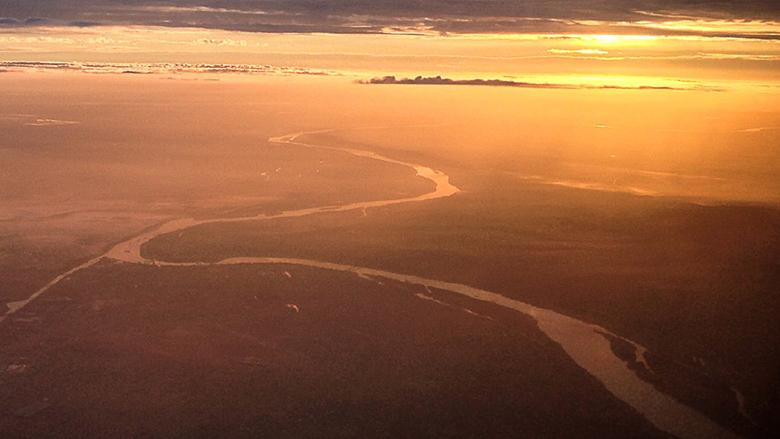The Post-Disaster Needs Assessment (PDNA) methodology was developed by the European Union (EU), the World Bank and the United Nations Development Group in response to a need for more comprehensive and coherent post-disaster assessment. It encompasses two perspectives: (i) the quantifications of physical damages and economic losses; and, (ii) the identification of socio-economic recovery needs based on information obtained from the affected population. These perspectives are integrated into a single assessment process to support the identification and selection of options for early- to long-term recovery.
A PDNA should commence as soon as possible after the onset of a disaster, ideally within the first weeks. The main goal of conducting a PDNA is to assess the full extent of a disaster’s impact on the country and, on the basis of these findings, to produce an actionable and sustainable recovery strategy for mobilizing financial and technical resources (internally/externally). In addition, PDNA can contribute, if needed, to request external assistance to implement the post-disaster recovery strategy, based on the affected country’s financial, technical and institutional capacities.
PARTICIPANTS
The training will be attended by officials from selected ministries or committees in charge of coordinating DRM or emergency response, or from ministries/line agencies that are likely to be involved in disaster response across Europe and Central Asia, including Armenia, Kyrgyz Republic, Kazakhstan, Mongolia, Russia, Tajikistan, Turkmenistan, and Uzbekistan.
Other training participants will also be invited from the relevant Global Practices of the World Bank.
